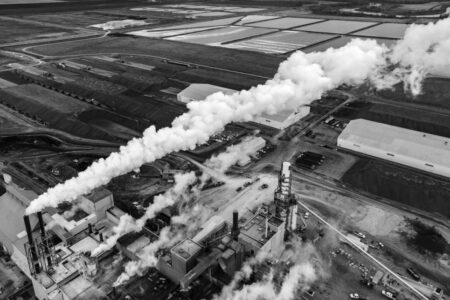New report: BC employment impacts of COVID-19: highly unequal for gender and race
Some job creation can be expected when BC moves to the next stage of reopening the economy in July, but labour market data show that in order to have an inclusive recovery significant inequities must be addressed, a new report released today by the Canadian Centre for Policy Alternatives, BC Office warns.
In fact, the deeply unequal impacts of the pandemic on different groups of workers—particularly based on gender and race—make the COVID-19 recession very unusual, says Iglika Ivanova, CCPA-BC senior economist and author of the study, Inequality, employment and COVID-19: Priorities for fostering an inclusive recovery in BC.
The report examines the ongoing impacts of COVID-19 on the BC job market over the first full year of the pandemic and recommends policy measures to address the inequalities the crisis has exposed. It reviews key economic and employment trends to track how the COVID-19 recession unfolded in BC, looking at which sectors, communities and workers have and have yet to recover and how that compares to the national experience.
“The highly unequal experiences between lower- and higher-paid workers during the pandemic is not typical of previous recessions in Canada, which have generally involved similar employment losses across all wage levels,” Ivanova explains. “Female, Indigenous and racialized people are more likely to work for low wages than white or male workers, and they were also more likely to have been among those in essential jobs on the front lines of the pandemic.”
“Racialized communities continue to experience higher levels of unemployment, higher representation in low-wage jobs with few if any benefits, and higher levels of financial insecurity. Recent immigrants and Indigenous workers in BC are also seeing a much slower recovery as are young workers aged 15 to 24, especially young women,” she adds.
Key findings include:
-
BC’s economic recovery is proceeding at a slightly faster pace than in most other provinces and we are seeing strong aggregate employment figures—but long-term unemployment (six months or more) has risen sharply during the pandemic. As of February 2021, about one-third of all unemployed people actively looking for work in BC are long-term unemployed (33 per cent), which is slightly higher than the proportion of long-term unemployed in Canada (28 per cent).
-
Racialized workers in BC have been harder hit than white workers and continue to experience higher levels of unemployment as of February 2021. While economic gains have been made overall in the province’s recovery, racialized workers are more likely to experience higher levels of financial insecurity.
-
Regional economic differences contributed to differences in the employment impact across the province. Of all jobs lost during the initial phase of the pandemic (April to June 2020) 82 per cent were in the Lower Mainland, the region that remains furthest from pre-pandemic levels of employment.
- Pandemic employment disruptions have been particularly hard on women who were more likely than men to lose their jobs or more than half of their regular hours during the early lockdowns across the country.
”The pandemic has made clear how much of our economy relies on unpaid labour—mostly shouldered by women—and on the undervalued jobs in female-dominated industries staffed largely by racialized workers. Caregiving demands continue to affect women’s ability to fully participate in paid work—especially for mothers with younger children and single parents.
“Women, particularly racialized women, were at the front lines of the pandemic, containing infection, treating the sick and providing essential care and support as unpaid caregivers and paid care workers in the public and private sectors. Women also make up the majority of workers in a number of essential occupations that cannot be performed from home, including early childhood educators, cashiers, light-duty cleaners, labourers in food and beverage processing and retail workers,” Ivanova says.
The report makes recommendations to address the structural inequalities exposed by the pandemic:
-
Large-scale, people-centric public investments in physical and social infrastructure, especially in the care economy.
-
Labour market reforms to strengthen workplace rights and make all jobs good jobs.
- Overhaul of our income and social support system to ensure adequacy and accessibility.
“As the reopening spurs new job creation, we must work together to end the undervaluing of low-wage work and make every job a good job with a living wage, good working conditions and access to basic benefits like paid sick leave,” says Ivanova.






















